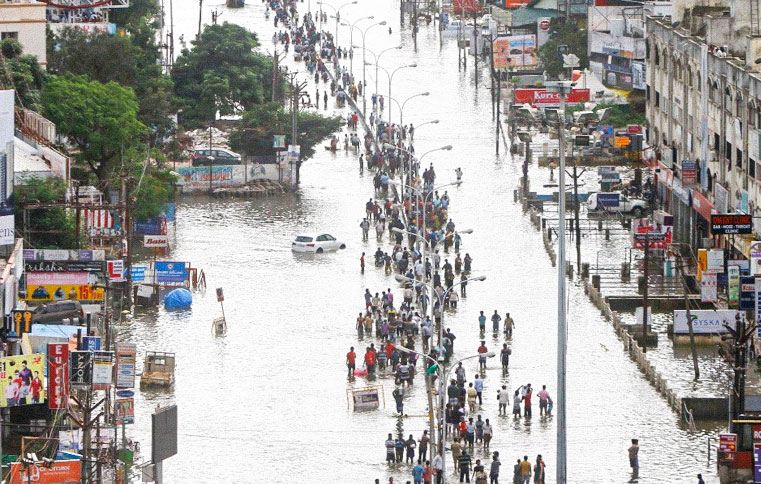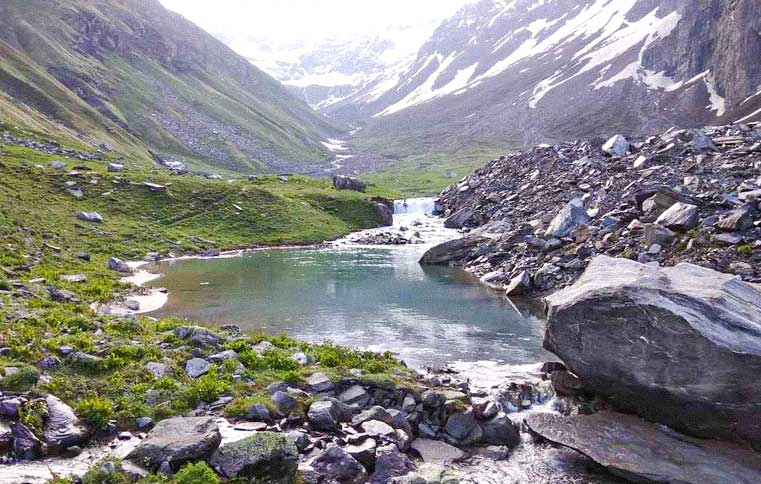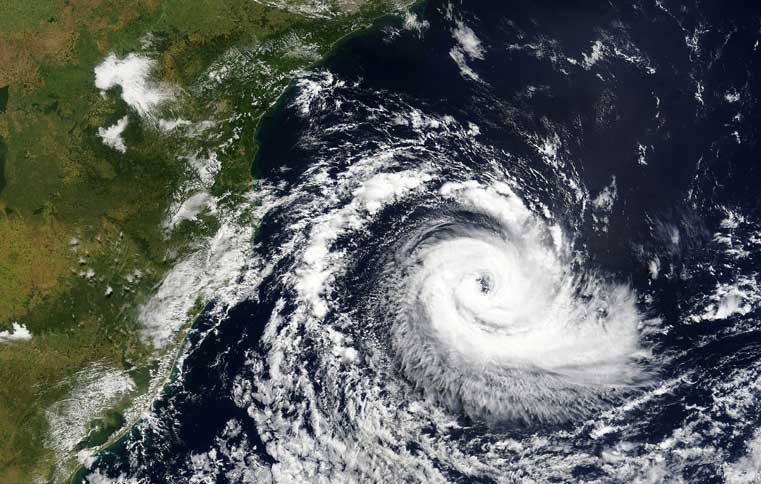The Cause of India’s Water Crisis & Its Solutions
By: Muskan Aggarwal | Date: 30th August 2018
‘Water water everywhere,
But yet not a drop to drink’
These lines sum up our present-day scenario of water scarcity in India, many of us don’t feel the brunt of it but those who do surely know what I am talking about.
We all know that, wasting water values equivalent to the wasting of money. At an instance, money can be replenished, but water cannot be. So awareness is the first step towards the cure of a particular issue.
With lack of access to clean and potable drinking water, we are fervent in our search for sources of fresh water only to find none. You must have read the statistics relating to India's water crisis in our previous article, if not, reading: "LET THE GOOD THOUGHTS FLOW, NOT THE WATER….!" will give you a better picture of what I am talking about.
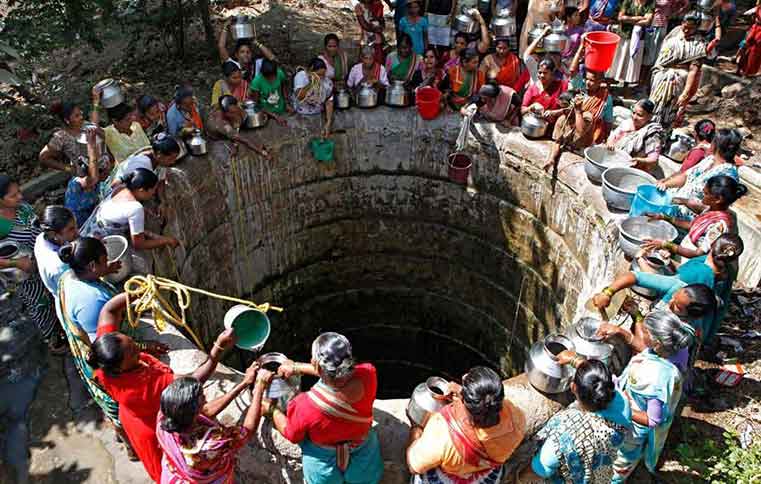 Image Source:
Youth Ki Awaaz
Image Source:
Youth Ki Awaaz
Now coming to our main question, why and what causes the water crisis in India?
Starting with the little things, it is the personal wastage at homes or in public spaces which contribute to this crisis. We at times may end up ignoring the leakage in our pipes which further lead to wastage so it is important that we maintain them regularly.
With the increasing population, the demand for water and its wastage is increasing more and more but not enough resource to keep up with it.
YOU MAY LIKE: WHAT CAN WE LEARN FROM TRADITIONAL INDIAN RWH SYSTEMS?
Even in farming, crops use water to develop, but it is affecting the groundwater levels and depleting it. apart from the hot climate evaporating our groundwater and causing desertification of fields, it is the over-pumping of groundwater by farmers to water their crops that then becomes a cause for concern.
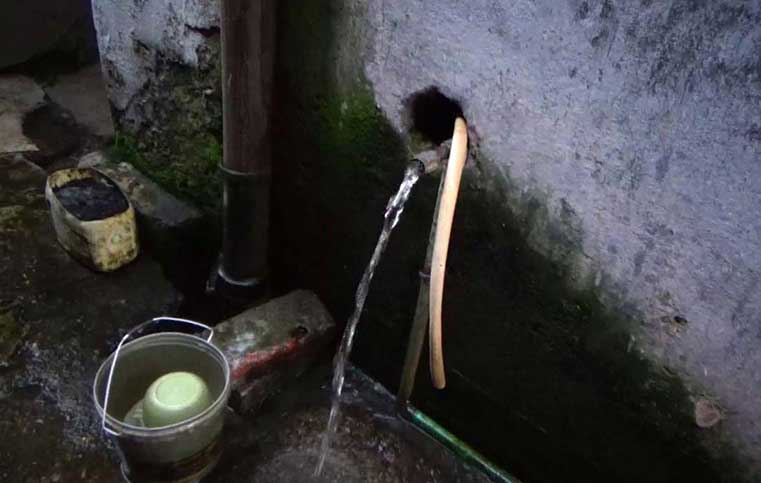 Image Source: Youtube
Image Source: Youtube
The bigger cause of concern is the lack of wastewater management by industries that produce chemical and toxic waste and dump it in the rivers without thinking of the consequences that might affect the village around the banks of that river who use that river for their subsistence.
Sometimes, even the climate itself becomes a cause for depletion, when there are irregular intervals of rainfall, or when there is too much heat (global warming).
YOU MAY LIKE: MODERN RWH TECHNIQUES INDIVIDUALS & SOCIETIES CAN ADOPT
Lastly, I would like to focus on the lack of government action which has led to worsening conditions over the years, due to the corruption that gets in the way of implementation of government policies.
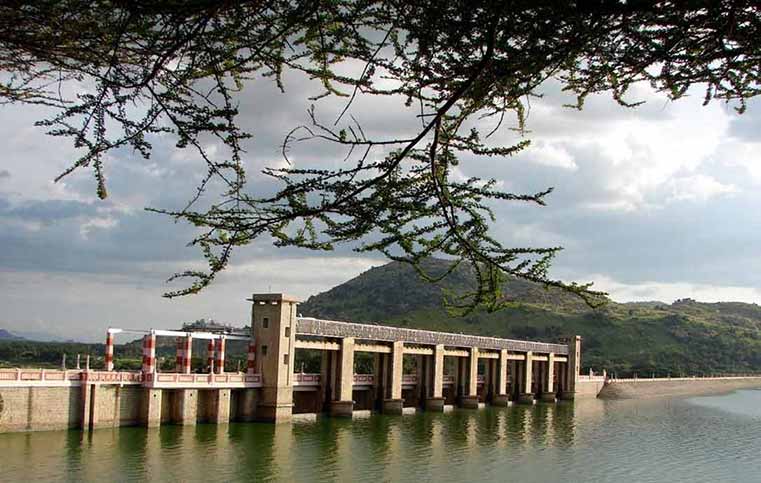 Image Source: Down To Earth
Image Source: Down To Earth
So, what can we do to fight this crisis? Surely many of you would be curious.
Actually, there are a lot of possible solutions that we can adopt.
The first primary solution is to stop wasting water by ourselves and make sure no water appliance is faulty and regularly maintain them.
At a personal level, we use water for washing, which can be alternated by rainwater perfectly so we should look to that we use alternative sources wherever they can be applied, employing rainwater harvesting.
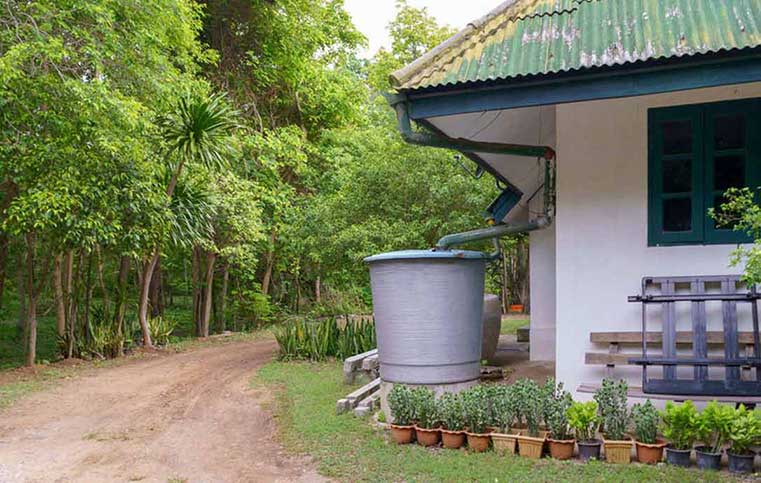 Image Source: Pune365
Image Source: Pune365
There are many people who do not realise the water crisis we are in because of the availability of surplus water in their region, but they do not realise it comes at great cost. So another important solution is to spread awareness on the present water situation in India and how important it has become to look after our precious resource and share the water saving techniques.
We should invest in research and development so that industries can adopt environmental wastewater managing techniques which will then no longer expose our rivers to harmful toxins, and in return will help recycle the wastewater produced from industrial activities.
Battling water crisis requires battling climate change, making it imperative to be sensitive to our environment and make sure we don’t end up contributing to its degradation. Also, an increased emphasis on afforestation will reverse the damage caused to a certain extent if adopted on time.
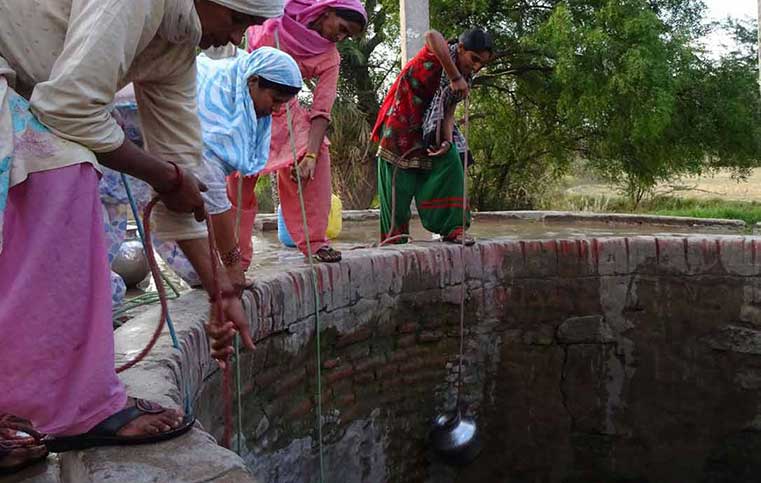 Image Source: Therahnuma
Image Source: Therahnuma
It is clear that the government cannot turn a blind eye to this issue, so, the government should overtake proper implementation and ensure effective and efficient policies meant to fight the water crisis without letting the corruption get in the way for our environment.
Lastly, I would like to list here the solutions adopted by foreign nations in their efforts to save water.
Israel
Drip Irrigation Growing crops even in the desert
 Image Source: Matzav
Image Source: Matzav
Drip irrigation sends the water directly to the roots of the soil without wasting a drop of water. India needs this system because most of the water is wasted when farmers over harvest water from pumps and it ends up not being efficiently used. So, if India adopts it, it will lead to efficient and effective irrigation and save water in the process.
Extracting water from the air
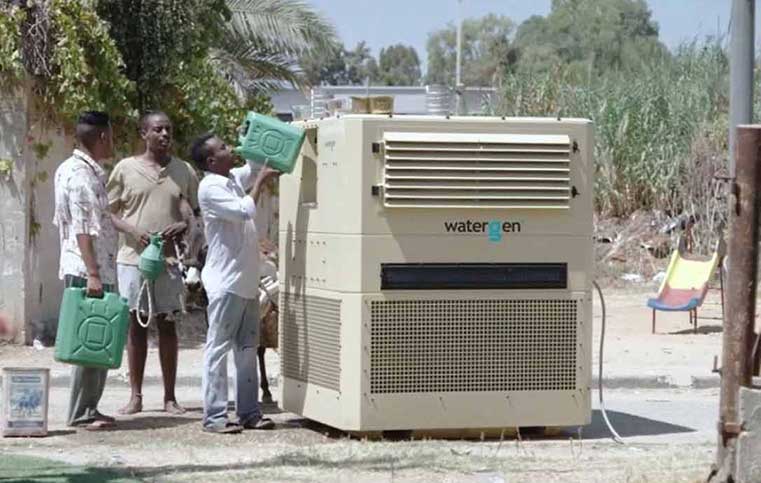 Image Source: Timesofisrael
Image Source: Timesofisrael
Water-Gen Ltd., an Israeli company whose technology captures humidity in order to make drinking water out of the air. Extracting water from air is an opportunity waiting to happen in India with its humid environments in various states or cities. For eg: extracting water from fog can be done in Himachal Pradesh, Jammu & Kashmir, Assam etc.
Desalination the process of removing salt from seawater
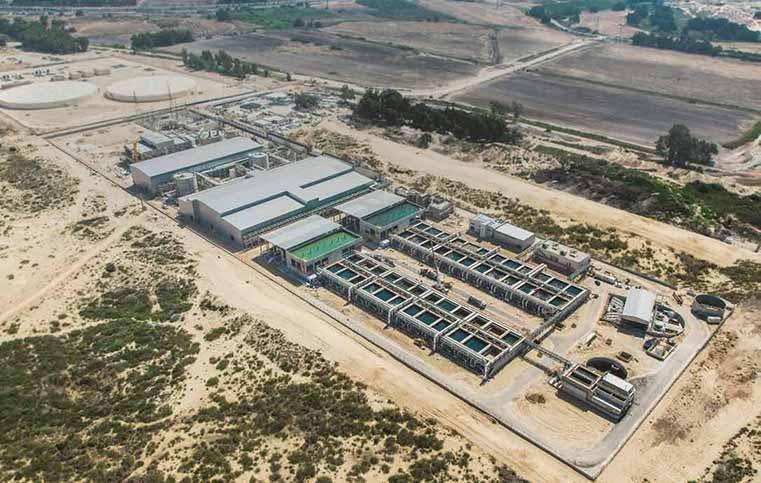 Image Source: nocamels
Image Source: nocamels
Israel, one of the driest countries on the earth with 60% dessert now makes more freshwater than it needs. Even India has desalination units, but it faces the issue of energy consumption. Israelis have found a way to overcome the issue of consumption. This process will open up new water sources for the country considering the coastal borders it has.
Peru
Fog Catcher
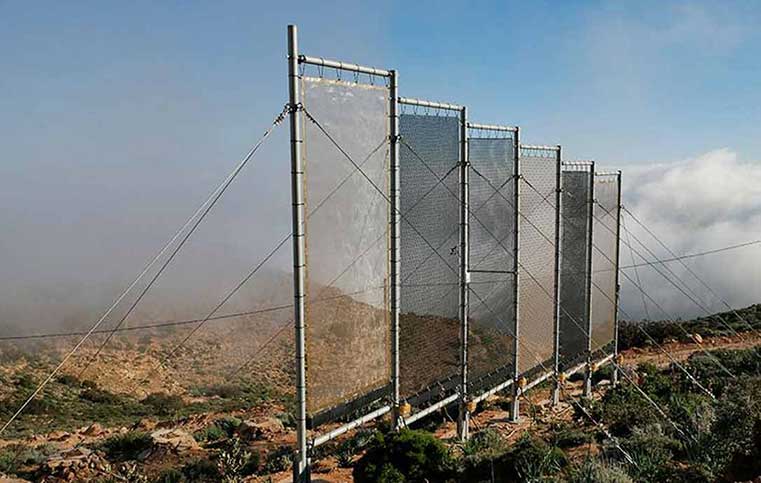 Image Source: Image Source
Image Source: Image Source
It is an invention which traps water drops from the fog. In desert areas like the Peruvian coast, there is a lack of water and rain, but there is a lot of fog occurrence, mainly in the top of hills.
- They capture the microdroplets suspended in the air.
- They get trapped in the mesh.
- The little water drops caught by this mesh are collected by PVC gutters and flow through an organic filter into a tank.
Getting out of the water crisis will not be the herculean task that it now is if we get sensitized over the issue and become aware citizens holding ourselves responsible for preserving our precious resource. We can find an alternative to food products with the help of science, but there can never be a replacement for water, can there?





